Sinusitis is a common ENT condition marked by the inflammation of the paranasal sinuses. Although common, it can be pretty uncomfortable and painful and may require medical intervention in some cases. This condition can be reversed through medicine or surgery, based on the severity of the condition. Get in touch with HeptaCare Health – India’s leading healthcare provider, to get the best Sinus infection. Book your consultation with our experienced ENT specialists now.
Happy Patients
Disease
Hospitals
Cities
Sinusitis is a condition in which the inflammation of the sinuses occurs. Sinuses are air-filled spaces positioned behind the forehead, cheeks, and eyes. This condition can arise due to various factors, including viral or bacterial infections, allergies, or structural problems in the nasal passages. Common symptoms of sinusitis include facial pain or pressure, nasal congestion, headaches, thick nasal discharge, and a diminished sense of smell. The treatment of sinusitis depends on the severity of the condition and symptoms you are experiencing.
Stages of sinusitis on the basis of the severity of the condition
There are three types of sinusitis on the basis of the severity of the condition:
There are 4 types of sinusitis on the basis of their location:
A doctor usually begins diagnosis by evaluating medical history and a thorough physical examination to check for tenderness in the nose and throat. To examine the nose more precisely, a healthcare provider uses a medical device to open the nose and apply medicines that constrict the blood vessels in the nose. A healthcare provider may flashlight inside the nose to check for inflammations, fluids, nasal polyps, and tumors. Moreover, a doctor usually recommends the following diagnostic tests to understand the severity of the condition:
The treatment of sinusitis depends on the severity of the condition and the symptoms you are experiencing. There are two treatment options for sinusitis, surgical and non-surgical.
A healthcare provider usually recommends surgery when the symptoms of sinus infection become severe and unmanageable through medicines and therapies. In most cases of chronic sinusitis, a doctor recommends surgery. A sinus surgery generally involves removing the infected sinus, nasal polyps, or bone or treating other conditions that might be causing the symptoms. The three most commonly performed sinusitis surgeries and their procedures are as follows:
FESS is the most commonly performed surgery for the sinus. It is usually performed to widen the passages between the nose and sinuses to remove bone-infected tissues to allow the trapped mucus to drain out. This surgery is performed with the help of an endoscope, which allows doctors to look inside the nose and sinuses and perform the surgery with precision. During the surgery, a doctor puts a decongestant and numbing solution in the nose. After that, a surgeon inserts surgical tools along with the endoscope to extract bone, damaged tissue, or polyps that may be causing the blockage in your sinuses. Finally, the doctor packs the nose with bandages to soak blood or discharge.
Balloon sinuplasty is a minimally-invasive surgery usually performed to treat sinusitis with the help of an endoscope. A small balloon is inserted into the nose with the help of an endoscope and catheter, which increases the passageway to the sinus. The surgery is performed under the influence of general anesthesia. During the procedure, a doctor gives anesthesia to sedate the patient. It is injected in the tissue lining of the nose. After that, the doctor inserts a catheter into the nose with the help of an endoscope. The doctor then puts a small balloon in the sinus and inflates it slowly to unblock the sinuses, and lastly, the balloon is removed.
Caldwell Luc Surgery is performed when other treatment options fail to relieve the condition. In this surgery, doctors access the sinuses through a new opening in the maxillary sinus, which is located behind the neck. The surgery is performed under the influence of general anesthesia to sedate the patient. After that, a healthcare provider makes an incision in the gum, between the upper lip and gum tissue, to access the wall of the maxillary sinus. In the next step, a small hole is made in the sinus wall to remove the damaged tissue or bone which is causing the problem. An endoscope is used to widen the opening of the sinus. Finally, sutures are used to close the gum incision.
Sinusitis surgery provides numerous benefits for individuals facing severe or recurrent sinusitis symptoms. Here are some advantages of sinusitis surgery:
You must follow all the instructions provided by your healthcare provider to promote healing after the surgery. It may include wound care, medication usage, and nasal care.
Like any surgical procedure, sinusitis surgery carries certain risks and complications, including:
A doctor usually recommends certain lifestyle changes after undergoing sinusitis surgery to promote healing and reduce the risk of complications. These changes can help improve the outcome of the surgery and support long-term sinus health. Here are some common lifestyle adjustments that may be suggested:
Sinus surgery costs can be different for each individual. The average cost of sinus surgery is around Rs. . The variation in the cost of sinus surgery can be attributed to various factors, consisting of but not limited to the following:
Consult with best ENT specialist at HeptaCare Health and Get the estimate for the cost of Sinus Surgery.
Sinus Surgery is a minimally invasive procedure which is called FESS used to treat chronic sinusitis and other sinus issues. During FESS, an ENT surgeon inserts an endoscope — a thin, flexible tube with a camera—into the nostrils to visualize the sinus passages. Using specialized instruments, the surgeon removes obstructions like polyps, diseased tissue, or bone, improving sinus drainage and airflow. This approach reduces tissue damage, minimizes bleeding, and promotes quicker recovery compared to traditional sinus surgery. The procedure is typically performed under general or local anesthesia and often results in significant relief of sinus symptoms.


Based on 7721 Recommendations | Rated 4.68 Out of 5
Happy Patients
Clinics
Cities
Surgeries
Doctors
Hospitals
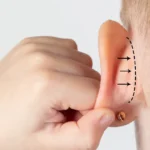
Ear surgery reshapes and balances your look.
Confidence restored with natural, lasting results.
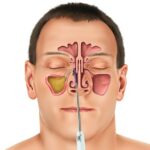
A minimally invasive procedure to clear blocked sinuses and improve breathing.
It relieves sinus infections, nasal congestion, and headaches effectively.
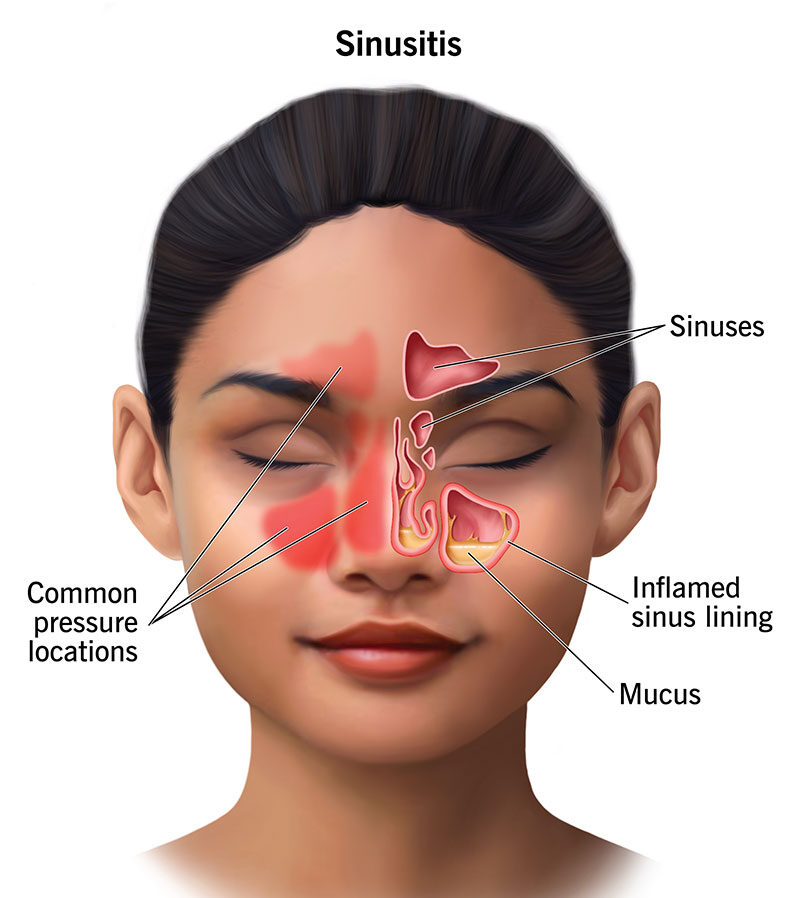
Sinus treatment relieves blockage, pain, and pressure.
Breathe easier with advanced, long-lasting care.
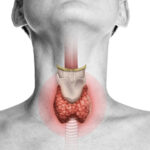
Thyroidectomy removes part or all of the thyroid gland.
It helps treat thyroid nodules, goiter, or cancer effectively.
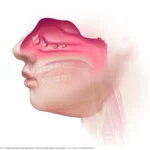
Nasal polyps are soft, painless growths in nasal passages.
Treatment helps restore easy breathing and clear sinuses.
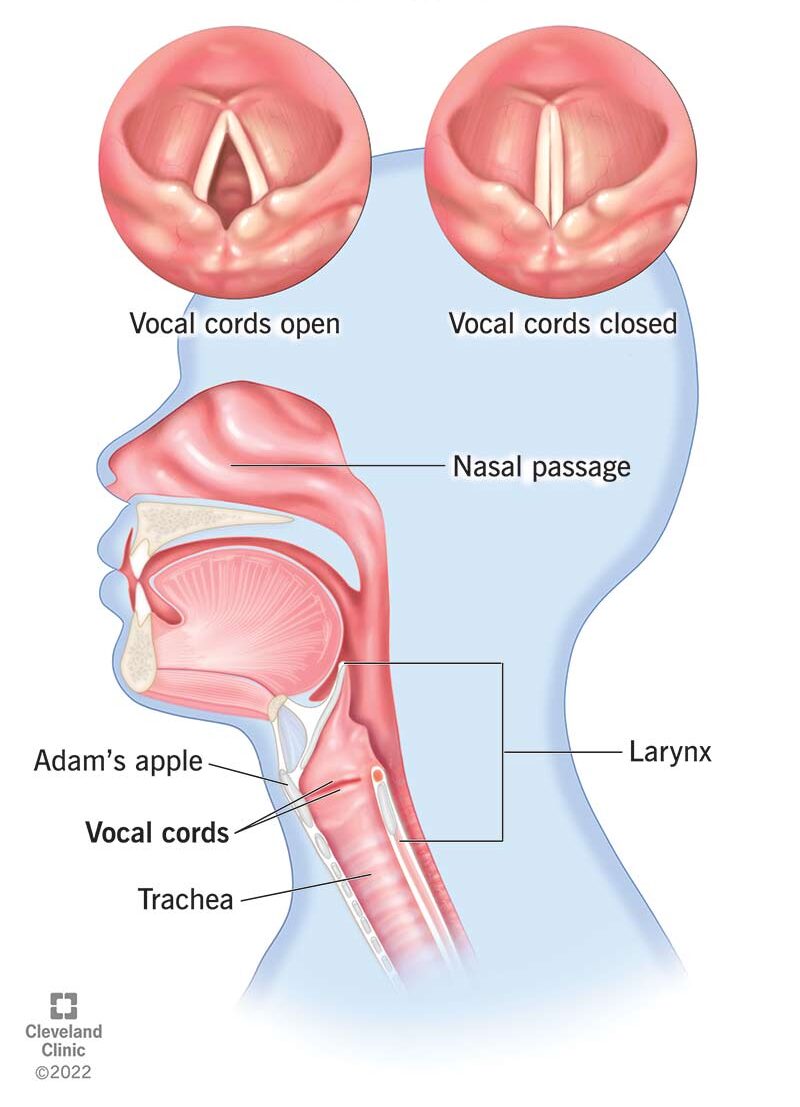
Vocal cord polyp is a benign growth affecting voice.
Treatment restores clear speech and vocal health.
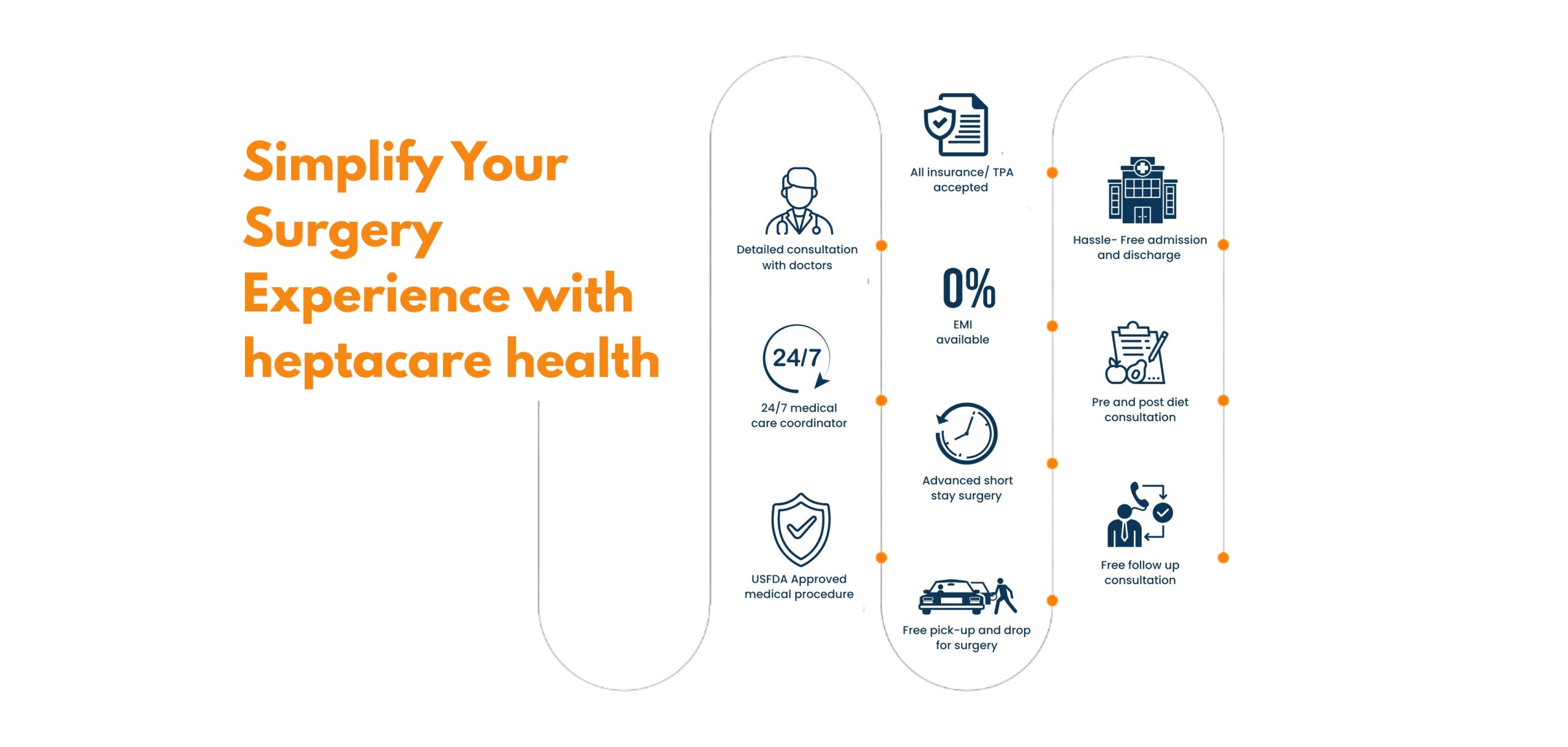
Ear pain or itching may occur due to earwax buildup, infection, allergy, or fungal infection. Avoid inserting objects like earbuds or pins — it can worsen the problem. A proper ENT check-up is recommended.
Never use cotton buds. Instead, use doctor-prescribed ear drops or visit an ENT specialist who can clean your ear safely using suction or irrigation.
Blocked ears can happen due to wax, fluid behind the eardrum, or sinus issues. ENT evaluation and simple cleaning or medication usually fix it.
Tinnitus may result from exposure to loud sounds, ear infections, or nerve-related hearing loss. It’s best to get a hearing test and ENT consultation.
●ear surgery cost in Vizag ● nose surgery cost in Vizag ● throat surgery cost in Vizag ● ENT treatment cost in Vizag ● ear surgery cost in Hyderabad ● nose surgery cost in Hyderabad ● throat surgery cost in Hyderabad ● ENT treatment cost in Hyderabad ● ear surgery cost in Vijayawada ● nose surgery cost in Vijayawada ● throat surgery cost in Vijayawada ● ENT treatment cost in Vijayawada ● low-cost ENT surgery near me ● affordable ENT treatment near me ● low-cost ear surgery near me ● low-cost nose surgery near me ● low-cost throat surgery near me ● best ENT surgery cost near me ● ENT surgery packages in Vizag ● ENT surgery packages in Hyderabad ● ENT surgery packages in Vijayawada ● ENT operation price near me ● ear operation cost near me ● sinus surgery cost near me ● tonsil surgery cost near me ● septoplasty cost near me ● adenoid surgery cost near me ● laser ENT surgery cost near me ● ENT treatment with insurance in Vizag ● ENT treatment with insurance in Hyderabad ● ENT treatment with insurance in Vijayawada ● ENT surgery with EMI in Vizag ● ENT surgery with EMI in Hyderabad
Disclaimer: **The result and experience may vary from patient to patient.. ***By submitting the form or calling, you agree to receive important updates and marketing communications.
Getting an accurate diagnosis can be one of the most impactful experiences that you can have.

cure with care
Copyright © 2025. All rights reserved.
Consult with our expert surgeon for more than 50+ diseases
Happy Patients
Hospitals
Cities